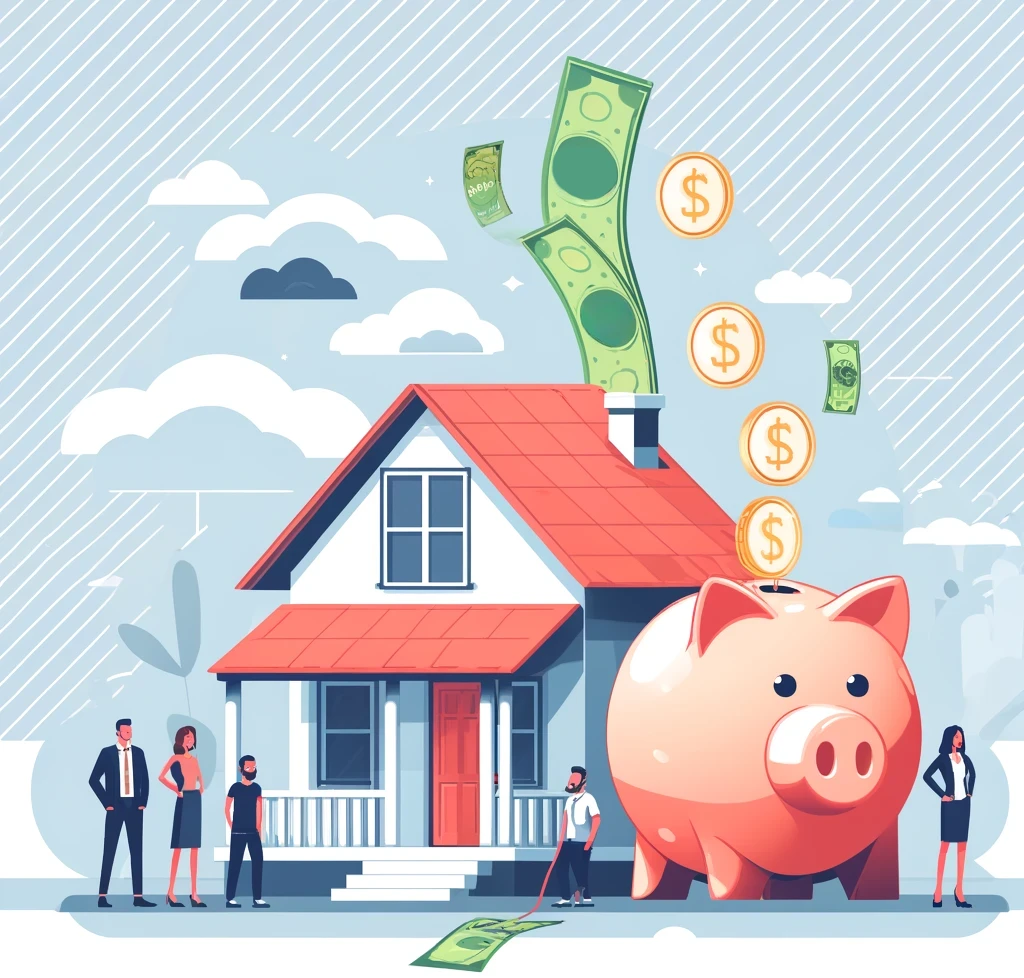Countless options are available for investing, but residential real estate remains one of the most popular. From providing a stable source of passive income to offering the potential for long-term appreciation, there are numerous benefits to be gained from investing in residential real estate. We’ll explore some key advantages of investing in residential real estate and why it attracts many investors.
Stable Source of Passive Income
Investing in residential real estate provides the opportunity to generate a stable source of passive income. Investors can receive monthly rental payments that provide a consistent income stream by purchasing and renting a property out to tenants. This can be especially beneficial for individuals looking to diversify their investment portfolio and create a reliable source of cash flow. Rental income from residential properties can often be used to cover the mortgage, maintenance costs, and other expenses, making it a relatively low-risk investment with the potential for high returns.

Potential for Long-Term Appreciation
Another key benefit of investing in residential real estate is the potential for long-term appreciation. Over time, the value of residential properties tends to increase, allowing investors to build equity and potentially sell the property for a profit in the future. This can be particularly advantageous in areas with high housing demand or locations experiencing rapid economic growth. By investing in residential real estate, investors can take advantage of these market trends and benefit from the long-term appreciation of their properties.
Diversification of Investment Portfolio
Investing in residential real estate can also provide a valuable means of diversifying an investment portfolio. By adding real estate to a portfolio that may include stocks, bonds, and other assets, investors can mitigate risk and potentially enhance overall returns. Real estate typically exhibits a low correlation with other asset classes, which can help balance a portfolio’s volatility and provide a more stable overall return. This diversification can be especially advantageous during economic downturns or fluctuations in the financial markets.

Tax Benefits
Investing in residential real estate also offers several tax benefits. Rental income from residential properties is typically subject to taxation, but investors can take advantage of various deductions and tax breaks, such as mortgage interest, property taxes, and depreciation expenses. These tax benefits can help reduce the overall tax liability associated with rental income and add significant value to an investment in residential real estate.
Frequently Asked Questions
1. What are some potential downsides of investing in residential real estate?
While there are many benefits to investing in residential real estate, it’s important to consider the potential downsides as well. One possible downside is the need for active property management, including maintenance issues, tenant turnovers, and other responsibilities. The real estate market can be subject to fluctuations, which can impact the value of investments in residential properties.
2. How can I finance an investment in residential real estate?
Several options for financing an investment in residential real estate include traditional mortgage loans, private financing, and real estate investment trusts (REITs). It’s important to carefully consider the financing options available and choose the one that best suits your investment goals and financial situation.
3. What are some tips for successfully investing in residential real estate?
Some tips for successfully investing in residential real estate include conducting thorough market research, carefully analyzing potential properties, and maintaining a solid understanding of local real estate trends and regulations. It’s also essential to consider working with a knowledgeable real estate agent or investment advisor to guide your investment decisions.
4. Are there any specific legal considerations when investing in residential real estate?
Investing in residential real estate involves legal considerations, including landlord-tenant laws, property regulations, and tax implications. Investors should familiarize themselves with these considerations and seek proper guidance to ensure compliance with relevant laws and regulations.
5. How can I determine the potential return on investment for a residential property?
Determining the potential return on investment for a residential property involves thoroughly analyzing the property’s rental income, operating expenses, and possible appreciation. Various financial metrics, such as cap rate and cash-on-cash return, can also help investors evaluate this potential return on investment.
6. What are common mistakes to avoid when investing in residential real estate?
Some common mistakes to avoid when investing in residential real estate include overestimating rental income, underestimating expenses, neglecting to conduct thorough due diligence, and failing to manage the property properly. Investors need to approach residential real estate investment with careful planning and consideration to avoid these potential pitfalls.
7. How can I get started with investing in residential real estate?
To start investing in residential real estate, it’s essential to understand your investment goals, conduct thorough research, and seek guidance from experienced professionals. This may involve working with a real estate agent, investment advisor, or other experts who can provide valuable insight and assistance as you embark on your residential real estate investment journey.
Browse Our Current Home Offerings
As you explore the many advantages of investing in residential real estate, we invite you to visit our Current Projects page to discover the latest homes available for sale and those soon to hit the market. Each property is a testament to Browne Homes’ commitment to quality and modern living. If you’re interested in seeing these beautiful homes in person and discussing potential investment opportunities, don’t hesitate to contact us for a tour. Your next investment property could be just a click away—start your journey with Browne Homes today!

